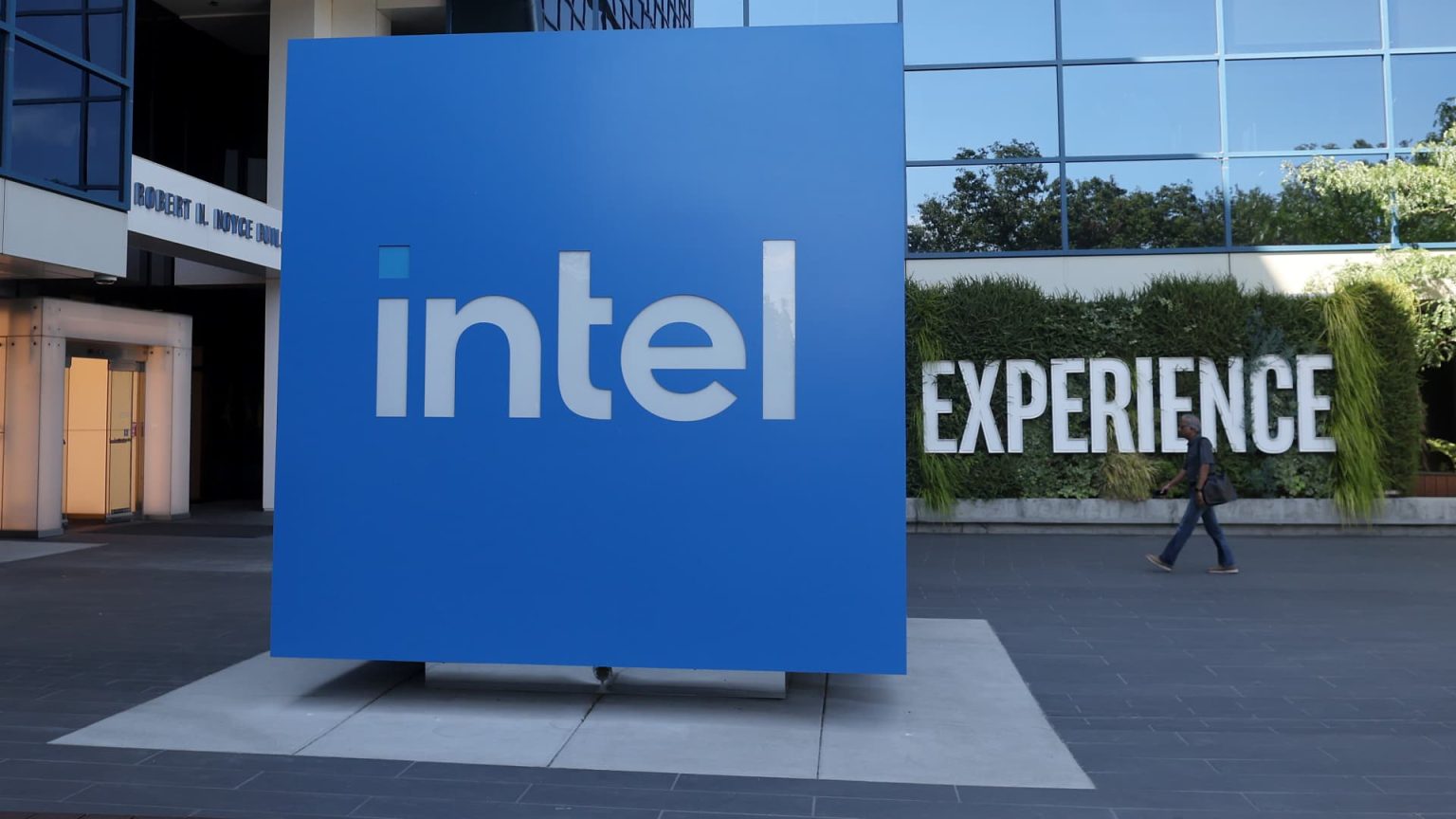Intel is in talks with advisors, including Morgan Stanley, to help defend itself against potential activist investors as CEO Pat Gelsinger works to turnaround the struggling chipmaker. While Intel has faced activist pressure in the past, no new campaign has officially been launched, and it is unclear if any activist investors have been in contact with the company’s board. Morgan Stanley has a history of working with Intel, including their involvement in the company’s 2022 spinoff of Mobileye. Representatives for both Intel and Morgan Stanley declined to comment on the matter.
Last year, Intel lost its title as the largest U.S. chipmaker by revenue to Nvidia, whose booming artificial intelligence business propelled it to the top spot. Nvidia also surpassed Intel in market cap, now valued at over $3 trillion, making it roughly 35 times the size of Intel. Intel has also fallen behind other chipmakers such as Advanced Micro Devices, Broadcom, Qualcomm, and Texas Instruments by market cap. Recently, Intel announced a cost-reduction plan that includes cutting approximately 15% of its workforce, or 15,000 jobs. The company reported quarterly results that missed Wall Street estimates and announced that it would not pay a dividend in the fiscal fourth quarter. One of Intel’s main challenges has been falling behind in the artificial intelligence battle, as cloud vendors and large language model developers turn to Nvidia’s GPUs for heavy workloads.
In 2020, before Gelsinger became CEO, Dan Loeb’s Third Point took a significant stake in Intel and urged the company to explore strategic alternatives to address market share decline. Intel’s board is headed by Frank Yeary, a prominent investment banker who previously served as executive chairman of Camberview. The board recently experienced some upheaval when Lip-Bu Tan, a semiconductor industry veteran, announced his resignation after just two years as a director, citing a need to reprioritize commitments. The departure of Tan adds to the challenges facing Intel as it navigates its current struggles. The board’s composition and stability are key factors in Intel’s ability to address pressures from activist investors and make strategic decisions moving forward.
The involvement of Morgan Stanley and other advisors indicates that Intel is taking proactive steps to defend against potential activist investors and address its performance challenges. While no formal campaign has been launched, the company is clearly aware of the need to take action to improve its position in the market. Intel’s competition with other chipmakers, particularly Nvidia, poses a significant threat, and the company must find ways to regain lost ground and stay competitive in the rapidly evolving tech industry. The decisions made by Intel’s leadership and board in the coming months will be critical in determining the company’s future trajectory and success.
As Intel continues to grapple with its performance and market challenges, the departure of key board members such as Lip-Bu Tan adds an additional layer of complexity to the situation. The stability and effectiveness of the board are crucial in guiding Intel through its current difficulties and making strategic decisions that will shape the company’s future. The involvement of advisors like Morgan Stanley underscores the seriousness of Intel’s situation and the need for decisive action. CEO Pat Gelsinger’s efforts to turn around the struggling chipmaker are being closely watched by investors, analysts, and industry observers as they wait to see how Intel will navigate its current challenges and position itself for long-term success amidst fierce competition in the chip industry.


